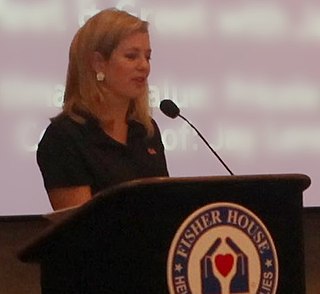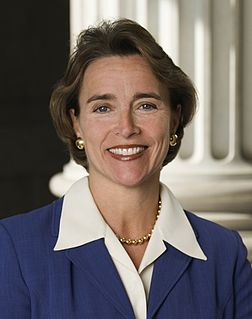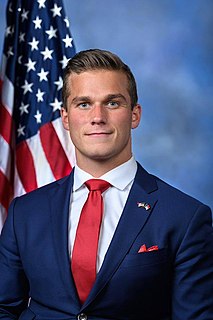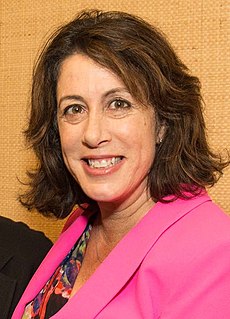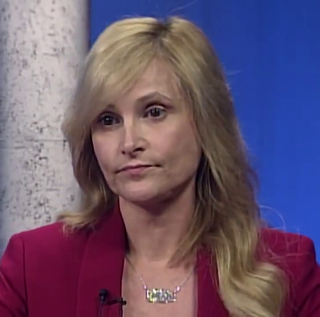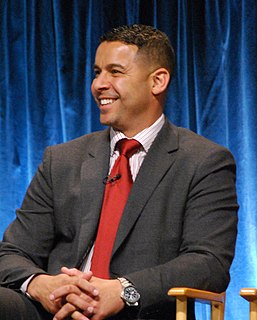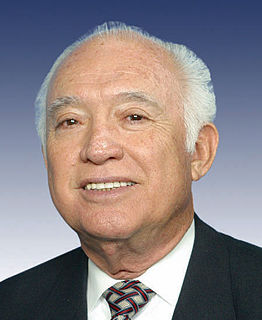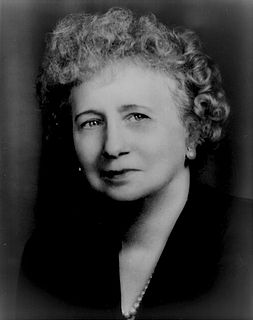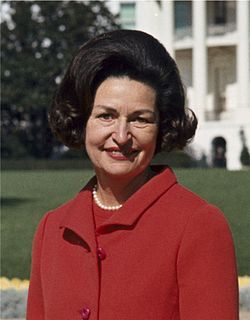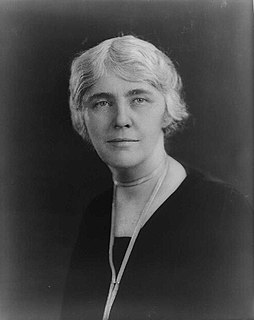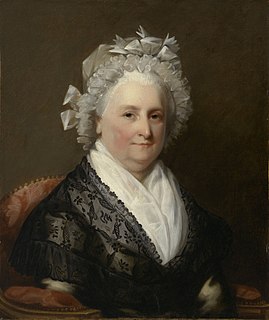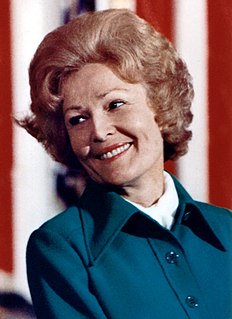A Quote by Michelle Obama
These are things that we hear from military families everywhere we go. But it - on PTSD, the thing that I want to make sure people understand is that the vast majority of veterans and military families aren't dealing with any kind of mental health. But there are - these are what are called the invisible wounds of this war. And many times they don't present.
Related Quotes
Yes and no. Because America has only about 1 percent of the population serving in the military, it is hard for many civilians to understand the sacrifices military families make. However, my experience is that after the Vietnam War, the public learned that they should support the military whether or not they support the war. You've seen that outpouring of support for the veterans of both Iraq and Afghanistan.
"America's Cold War veterans deserve every honor we can bestow upon them for their hard work and dedication to keeping our nation safe,". "The Cold War Service Medal would allow military service members, veterans, and their families to receive the recognition and honor they rightfully deserve. I will continue to work with my colleagues to ensure our veterans receive the support and care they and their families need. It's the least we can do as a grateful nation."
I was out there meeting with a lot of working moms and whenever I would gather a group of women, there was always a voice that was unfamiliar to me, and it was the voice of a military spouse, oftentimes a woman, oftentimes working, many times in a position where they've had to move every two or three years, where their kids have had to change school multiple times, people dealing - families dealing with multiple deployments, dealing with the stresses of reconnection.
On Veterans Day, the country honors those in uniform and the sacrifices they have made across the globe. But as a military spouse who reports on the issues facing military families, I've learned that one of the biggest challenges is when a service member transitions out of the armed forces and into the civilian workforce.


